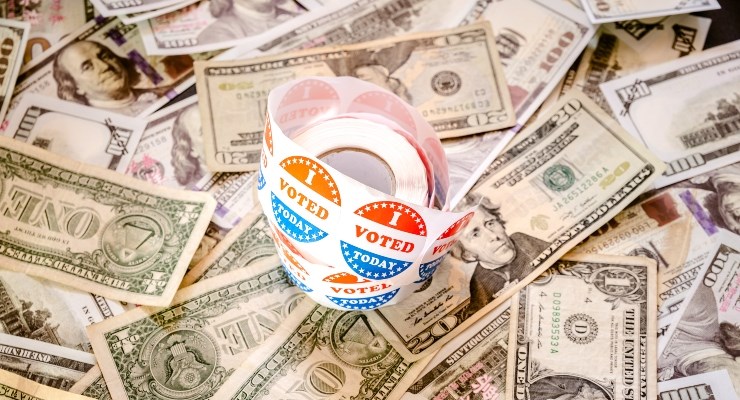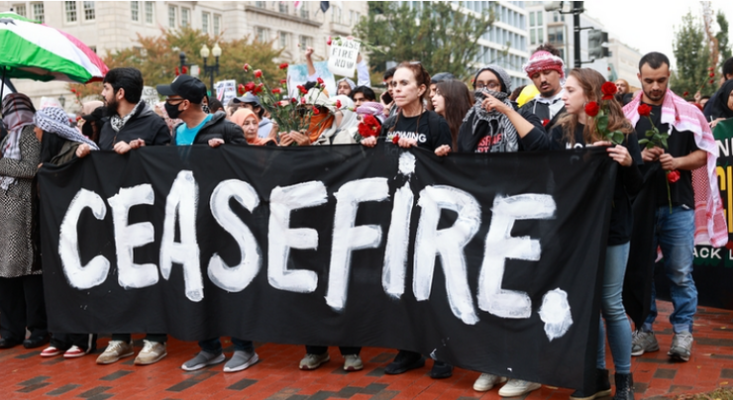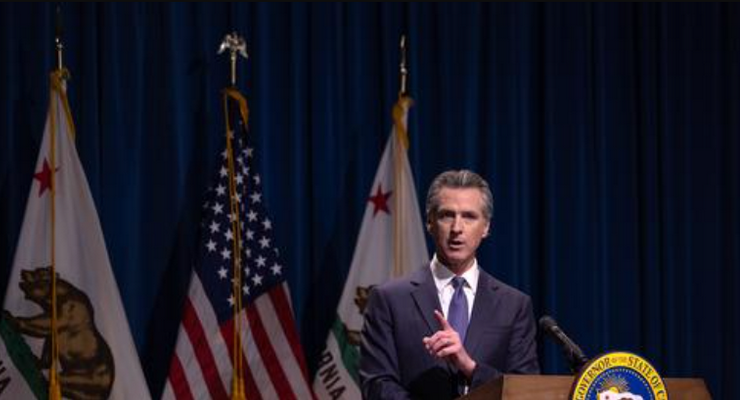
The Pasadena Unified School District school board Thursday unanimously endorsed passage of controversial Proposition 15 – the state ballot measure that would raise taxes on large commercial properties by reassessing them at current market value and dispersing the added revenues to public-school districts around the state.
Prop 15 will be on the ballot Nov. 3, and if it’s passed would generate an estimated $12 billion statewide, with some $11 million landing in the coffers of the cash-strapped PUSD – though probably not all at once, board President Patrick Cahalan said.
Passage would amend 1978’s Prop 13, the Howard Jarvis-led tax revolt that decreased property taxes and limited assessment hikes throughout the state – but, as a result, also caused major drops in public-school funding, with attendant budget and program cuts. Formerly, 60 percent of funding for California’s public K-12 schools came from local property taxes.
Prop 15, also called the Schools & Communities First Funding Act, is supported by Gov. Gavin Newsom, among other prominent political players. But it is opposed by many business groups, including the Pasadena Chamber of Commerce and California Chamber of Commerce, who argue that the commercial tax hikes would hurt businesses and drive up prices on consumers.
But a resolution passed 7-0 by the PUSD board Thursday gave Prop 15 a resounding thumbs-up.
“Whereas the intent of Proposition 13 is to help homeowners, loopholes in the system have permitted major commercial and industrial properties to avoid reassessment, a windfall to commercial property owners at the expense of vital school funding,’’ the resolution says.
Supporters say Prop 15 would close those loopholes, making larger businesses (those valued at more than $3 million) pay their fair share while exempting homeowners, renters, small businesses and farms from greater tax burdens.
Lawrence Torres, the school-board member from District 6, added an impassioned defense of Prop 15 during Thursday’s meeting, saying, “I am a big supporter of this. … Public-school folks feel like we’re just sort of beggars in the street of Sacramento, and it’s just unconscionable.’’
“Those of us who are old enough to remember schools prior to Prop 13 remember we (the state) had the finest public university system in the country, we had exemplary high schools,’’ Torres went on. “There were serious funding inequities within that prior to Sacramento equalizing funding for all schools, but we (California) were No. 1 in school funding.
“And I think, in large part, the extraordinary economy of California comes from that. It’s an investment in our communities, in our state economic futures. For me, this is not a hard call.’’
Cahalan, who is running for re-election in November from District 4, also spoke out in favor or Prop 15, saying, “It’s being characterized by opponents as a repeal of Prop 13, which I don’t believe is accurate for a number of different reasons.’’
“The first one is that, contrary to popular opinion, California does not have a particularly large government when you take into account California’s population size,’’ Cahalan said.
What’s more, Cahalan said, “There is a considerable amount of GDP (gross domestic product) activity on commercial real estate in the state of California. The total commercial real-estate on a chained value is about $560 billion, so this $12 billion impact is, as a percentage, about 2 percent of the commercial property. And since it’s skewed only towards commercial property of a certain value, it’s actually not going to apply to the vast majority of commercial property that’s held in the state.’’
School-board Vice President Scott Phelps, meanwhile, argued the board had an obligation to endorse Prop 15.
“I am reminded of one of our bylaws that talks about board members seeking maximum fiscal resources for the schools, vigorously seeking adequate financial support for the schools,’’ Phelps, of District 7, said.
Referring to large businesses, Phelps added, “The ability to contribute is much greater than the Legislature and the taxpayers are contributing. So, I obviously support it.’’
Cahalan acknowledged that Prop 15 is “a particularly hot topic and hot-button topic in the state of California.’’
Besides Newsom, the initiative is also supported by Democratic presidential nominee Joe Biden and his vice-presidential running mate, Sen. Kamala Harris of California, and the California Democratic Party, among others.
But among its opponents are former Los Angeles Mayor Anthony Villaraigosa, the Black Chamber of Commerce, the California NAACP, and the Howard Jarvis Taxpayers Association.
Paul Little, president and CEO of the Pasadena Chamber of Commerce, is also lined up against Prop 15. He told Pasadena Now earlier this month that its passage would significantly raise property tax rates for commercial owners, resulting in increased rents for tenants and lessees.
“That, in turn, would either raise costs to do business or force wages lower to offset significantly increased costs,” Little said. “People somehow have the notion that increased costs to businesses are somehow absorbed. The fact is, increased costs to business means increased costs to consumers and suppressed wages for employees.”
Passage could also exacerbate the downturn of a U.S. economy already hammered by the COVID-19 pandemic, he said.
If Prop 15 passes, it would almost certainly not mean an immediate windfall to the PUSD, Cahalan said. That’s because it would take time for businesses to be reassessed, a process that also includes time-consuming appeals.
“If I had to guess … my estimate would be we would probably see nowhere near $11 million on Year 1, but certainly more than $5 (million),’’ Cahalan said.
“We won’t know until people start challenging assessments, and how that all plays out, how long it would be before we would see the full amount of the money.’’
But any money would be welcomed by a district beset by declining enrollment, school closures, and teacher and staff layoffs.
Prop 15 is actually one of two school-related questions on the November ballot in Pasadena. The other is Measure O, a $516,300,000 local bond initiative that would generate some $60 million to upgrade the PUSD’s computers and other educational technology, as well as $456,280,000 to upgrade district facilities.
– André Coleman contributed to this report














 0 comments
0 comments


